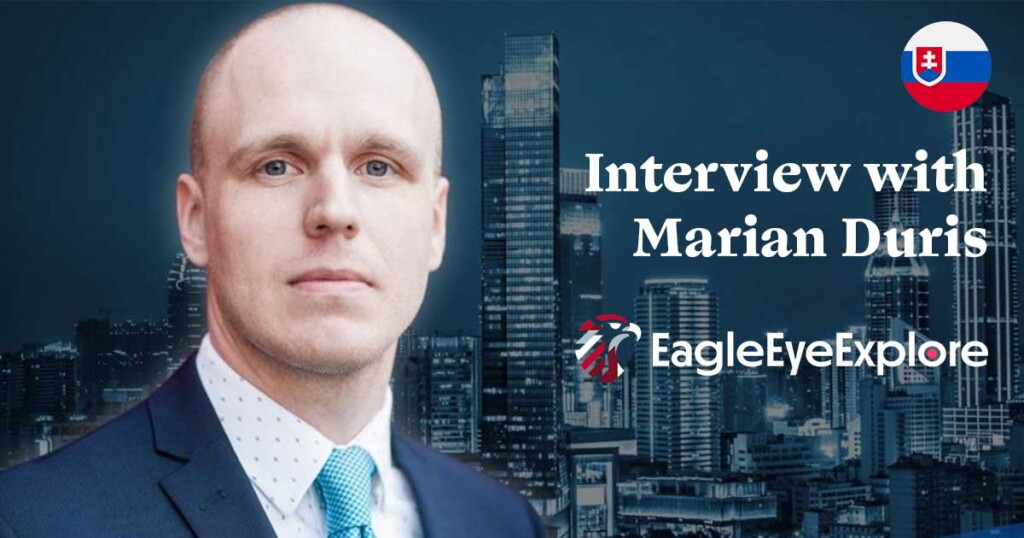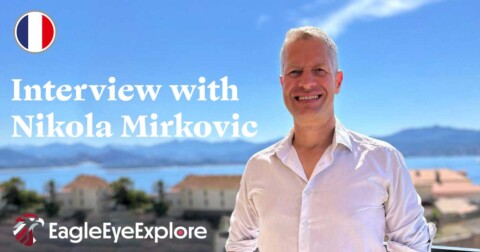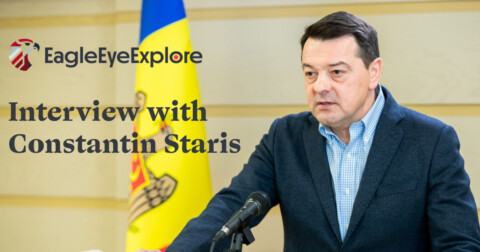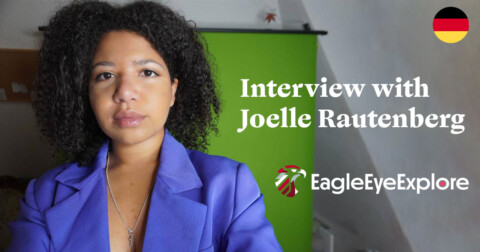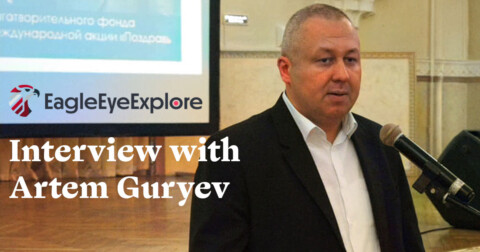Imagine a woman purchasing vaccines worth tens of billions of euros in a non-transparent manner via SMS messages. And that woman is not held accountable but is instead re‑elected to her position. This is not fiction. This really happened. We’re talking about Mrs. Ursula von der Leyen, says Marijan Dúriš, the Slovak expert on foreign policy and international relations, an assistant in the European Parliament representing the Slovak party Republika, and coordinator of the international Patriots Network, which brings together conservative and patriotic movements from various countries. We speak with him about the values that the EU stands for—values in whose vestibule the candidate countries are exposed to various discipline methods.
The timing of the protests that have swept through Slovakia, Hungary, and Serbia is confusing. Are these isolated “popular uprisings” or do you see an internal connection between them?
What these governments have in common is that their leaders have been in power for multiple terms. Over that period, not only do political mistakes emerge, but the population also grows weary of their representatives. The opposition usually knows how to highlight and exploit all those mistakes. And if a particular government takes certain sovereignist steps that displease some geopolitical actors, an external element is added to the mix. This manifests through media and informational support to opposition forces, but often also through the “resurrection” of forgotten figures or particular currents directed toward opposition supporters or NGOs.
Most of the criticism directed at these governments comes from Brussels and other capitals, so the actors can be relatively easily identified. The intent is obvious: to exploit the mistakes of the current governments and the dissatisfaction of the population in order to bring to power leaders who will implement policies favorable to those external forces.
To what extent do the United States today recognize countries with sovereignist leaders as partners within Europe? Can we speak of the emergence of a new political bloc on the continent?
Slovakia, Serbia, and Hungary have many shared interests, but there are also issues on which their positions diverge. In the meantime, the U.S., under Donald Trump’s administration, is not losing interest in Europe. The U.S. is simply shifting priorities and redirecting its attention to other challenges. The Visegrád Group formally operates in the heart of Europe, but due to current internal (and externally induced) contradictions, the nature of communication is changing. Therefore, it is not out of the question that new blocs could form, possibly based on the Visegrád model, the Slavkov format, or the V4 Plus model with expansion toward the southeastern vector.
Slovakia, Serbia, and Hungary share many common values, which makes their cooperation essential, whether in bilateral, multilateral, or institutionalized forms of a new bloc.
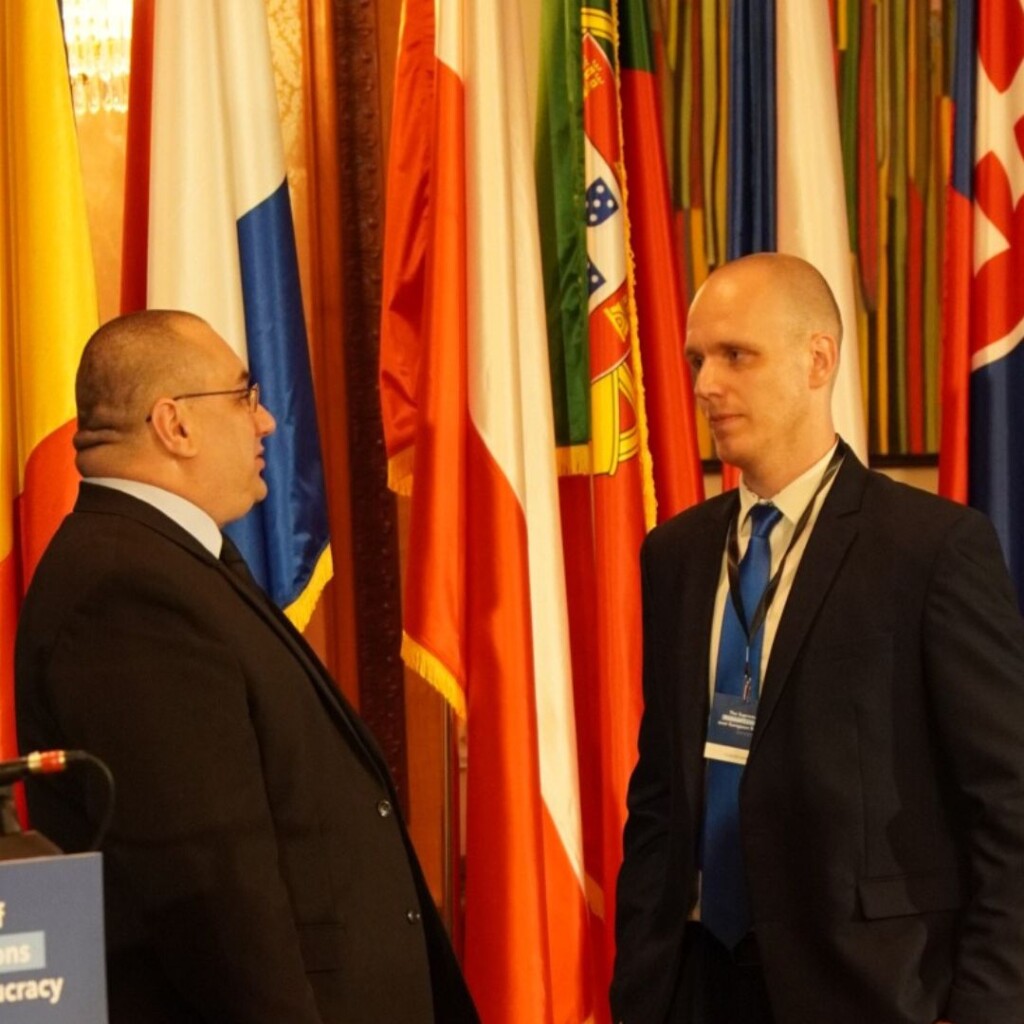
How do you assess the current status of Serbia’s EU accession process? Is there genuine political will in Brussels for enlargement in the near future?
The question is whether the European Commission has a surplus of political will for EU enlargement, or rather a geopolitical desire to oppose Russia, accompanied by pressure on candidate countries to change their foreign policies. And it’s not just about foreign policy, but also demands for significant changes in the social, educational, family, or energy sectors. It’s not surprising that candidate countries may become more cautious in their enthusiasm and start weighing what they would potentially gain and what they might lose. Another factor is the attitude of major member states toward new members, since such changes also affect the amount of subsidies they receive for cohesion or agriculture.
How do you interpret the statement made by Estonian Prime Minister Kaja Kallas, who warned the President of Serbia that visiting Moscow on May 9 could have consequences? Does such rhetoric contribute to stability in the Western Balkans?
Such statements tend to come from representatives who are not prepared for such significant roles. Everyone in Europe probably remembers that in August 2023 the press revealed that her husband had a stake in a company that continued transporting raw materials to Russia, despite the fact that Kallas had previously called on Estonian companies to cease doing business with Russia. When the public sees such hypocrisy, every subsequent statement sounds unconvincing. And if that person owes their status as the EU’s top diplomat to a “miracle of lobbying,” no one takes them seriously. She doesn’t know how to communicate with Russia, China, or the U.S.—and apparently not even with democratically elected European leaders.
Recently, the European Parliament in Strasbourg voted on the 2023/24 report on Serbia. What are your key criticisms or praises regarding this report?
The report on the Commission’s findings for 2023 and 2024 on Serbia states that candidate countries must respect the values of the Union in order to join; that Serbia has not imposed sanctions on Russia; that EU accession is inseparably tied to alignment with the Union’s foreign policy objectives; that Serbia remains a key battleground for disinformation campaigns, especially by Russia and China; that Russian media operate freely in Serbia; that normalization of relations between Kosovo and Serbia is a precondition for progress of both countries toward EU membership, and so on. There is nothing surprising here. On the contrary, these demands and arguments have been repeated for years and are beginning to sound tiresome.
Do you believe that the EU reports on Serbia apply standards that are absent when it comes to other candidate countries, especially regarding the issue of Kosovo and Metohija?
When it comes to the EU’s approach to candidate countries, each case has its own specifics. Aggressive external intervention has created a certain situation that the European Commission now wants to legitimize and formalize. Today, I do not expect that the Serbian, sovereign people will accept such a thing.
How do you interpret the European Union’s position toward the so-called Republic of Kosovo, given that five member states—including Slovakia—do not recognize the unilaterally declared independence?
Yes, exactly. The EU’s position can be analyzed as inertia from the “Atlantic line,” despite significant changes in the White House. This is not surprising, considering that Brussels adapts very clumsily to new geopolitical realities in some areas. There are several EU member states that refuse to recognize Kosovo. Each of them has good reasons for this. In Slovakia’s case, it is a legitimate step that reflects its own internal challenges, but above all, support for international law and the territorial integrity of Serbia. There is also the long-standing, high-standard relationship between Slovakia and Serbia, which is home to a significant Slovak community, mostly living in Vojvodina.
To what extent does the new U.S. administration influence EU policy toward Serbia and other countries in the region? Do you observe coordinated pressure in the direction of aligning sanctions against Russia and accelerating normalization with Priština?
In the past, there was high activity involving a wide range of geopolitical actors. However, since the beginning of Donald Trump’s presidential term, there has been a shift toward more independent initiatives, particularly by the European Union, which seeks to maintain continuity and promote unity in the application of sanctions. Still, if a sovereign state assesses that certain sanctions are counterproductive and could disproportionately impact its interests, it retains the right to form its own judgment. Excessive pressure in such cases can lead to resistance, which will eventually be reflected in public opinion.
In your opinion, can Serbia conduct a sovereign foreign policy and remain militarily neutral without such consistency being punished by sanctions or political blackmail from the European Union?
If Serbia wants to maintain its independence, neutrality, and the freedom to shape its policy in accordance with the will of its citizens—as well as with its historical and cultural heritage—it will need to strengthen its ability to resist external pressures. These pressures will likely come from various international sources, not just one. In that context, foresight and preparedness are essential.
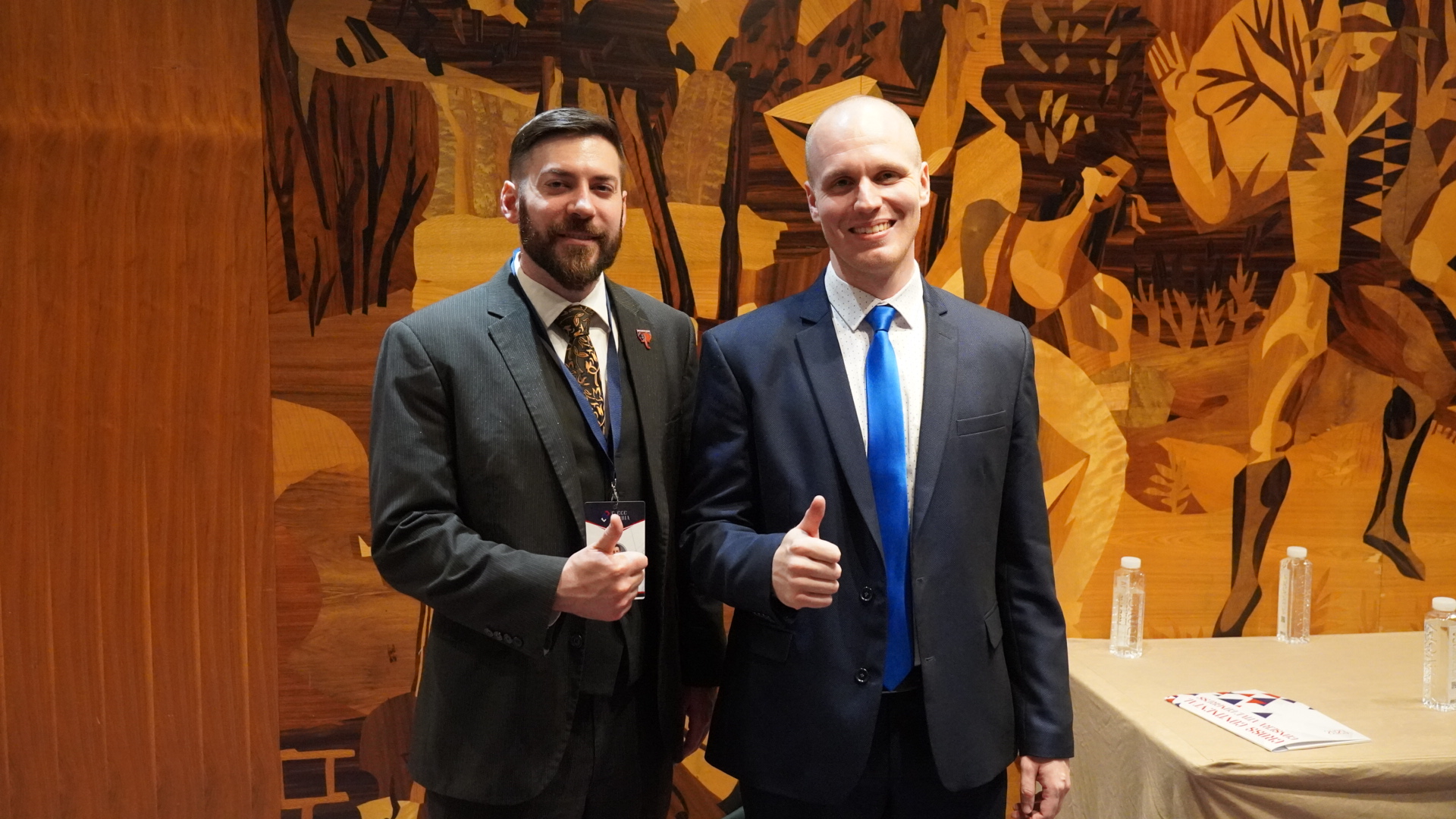
In the current geopolitical circumstances, is the enlargement of the European Union into the Western Balkans more a matter of security than of values?
If the criteria for EU enlargement were applied exclusively through the lens of security, the ongoing war in Ukraine would make accession prospects highly uncertain. The conflict creates uncertainty about the future territorial configurations of the country. Traditionally, EU enlargement required candidate countries to have clearly defined, protected, and stable borders. However, recent developments suggest that the European Commission, under the leadership of President Ursula von der Leyen, may show some flexibility in its criteria when broader geopolitical or strategic interests are at stake. This inconsistency leads to the application of double standards. While some are expected to meet only certain conditions, others are required to meet all of them.
In a situation where Serbian citizens believe in the European path but at the same time feel humiliated by the way the European Union treats Serbian national and state interests—what argument could be decisive?
There are some EU member states that are similar to Serbia in terms of size, geography, population, economic structure, or values. These countries have gained considerable experience after years of membership. What have they gained and what have they lost during that process? How have they changed? How has the European Union changed? What were its priorities 30 years ago, and what are its priorities today? This is an important decision that will affect the future of Serbia, and that’s why it should be approached with great care. I believe that every person should weigh all the pros and cons, all the consequences, before making any important life decision. It is the same in this case. That is why it is necessary to observe and analyze the world around us carefully, to talk to friends, and to reflect on their experiences and knowledge, which can also be very useful for Serbia.
